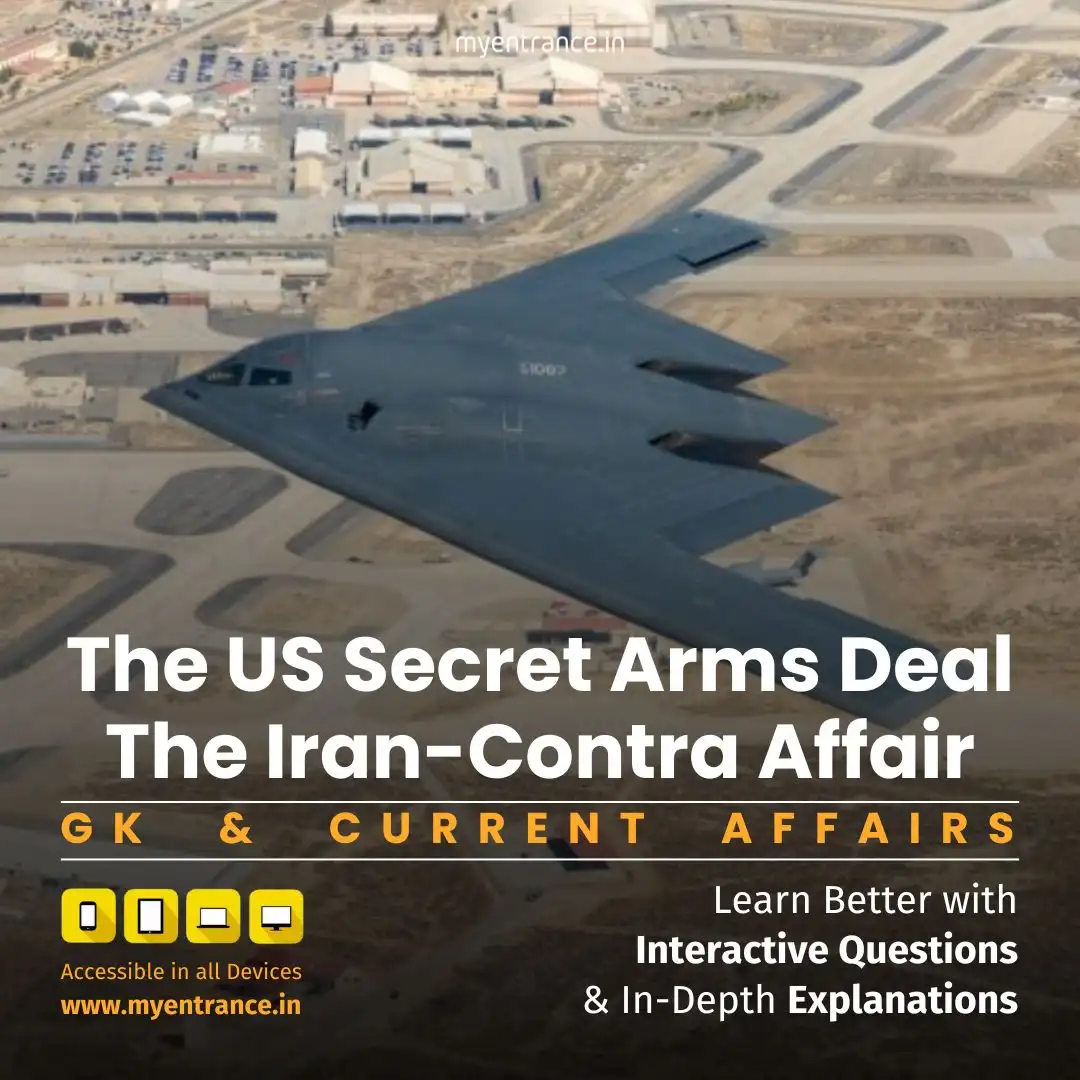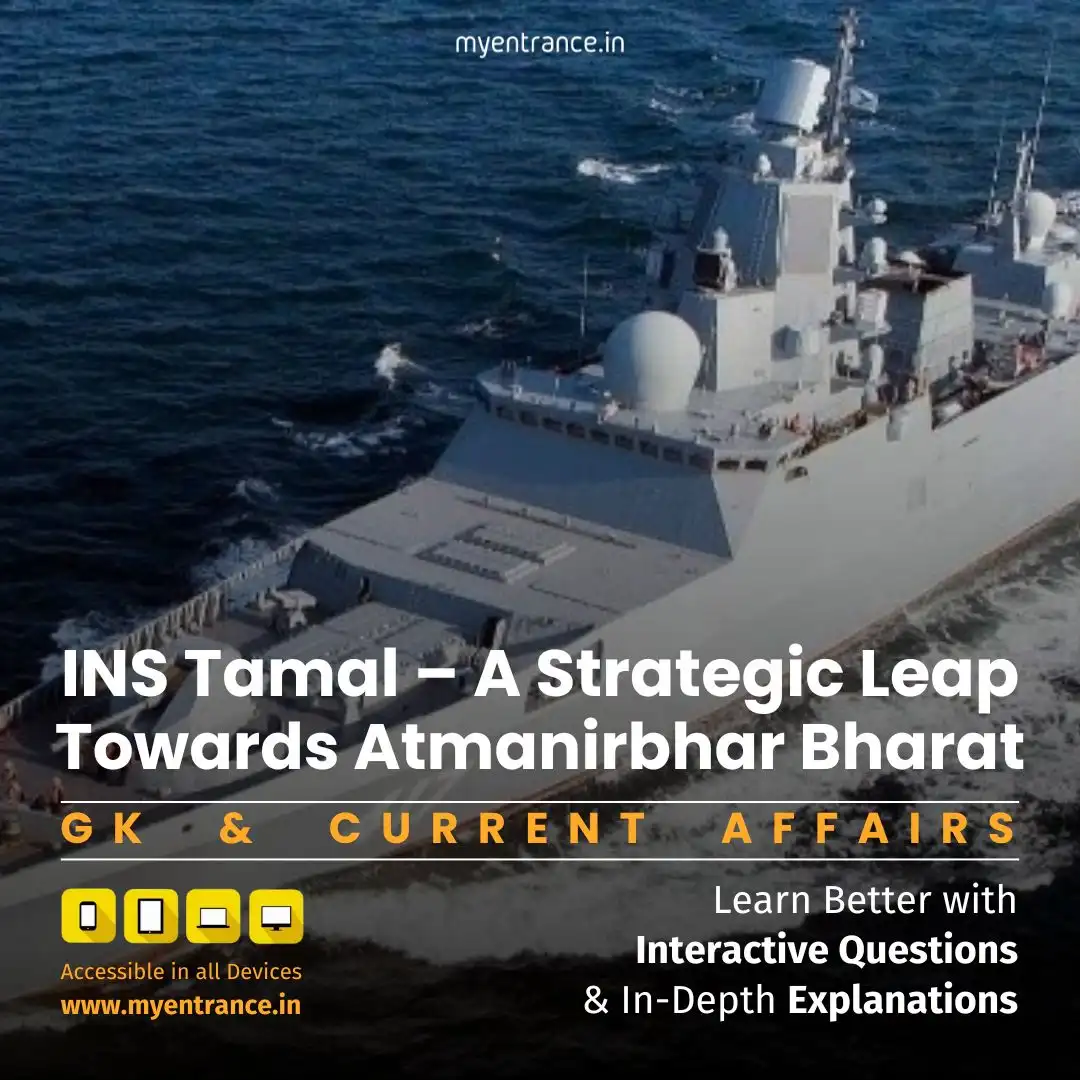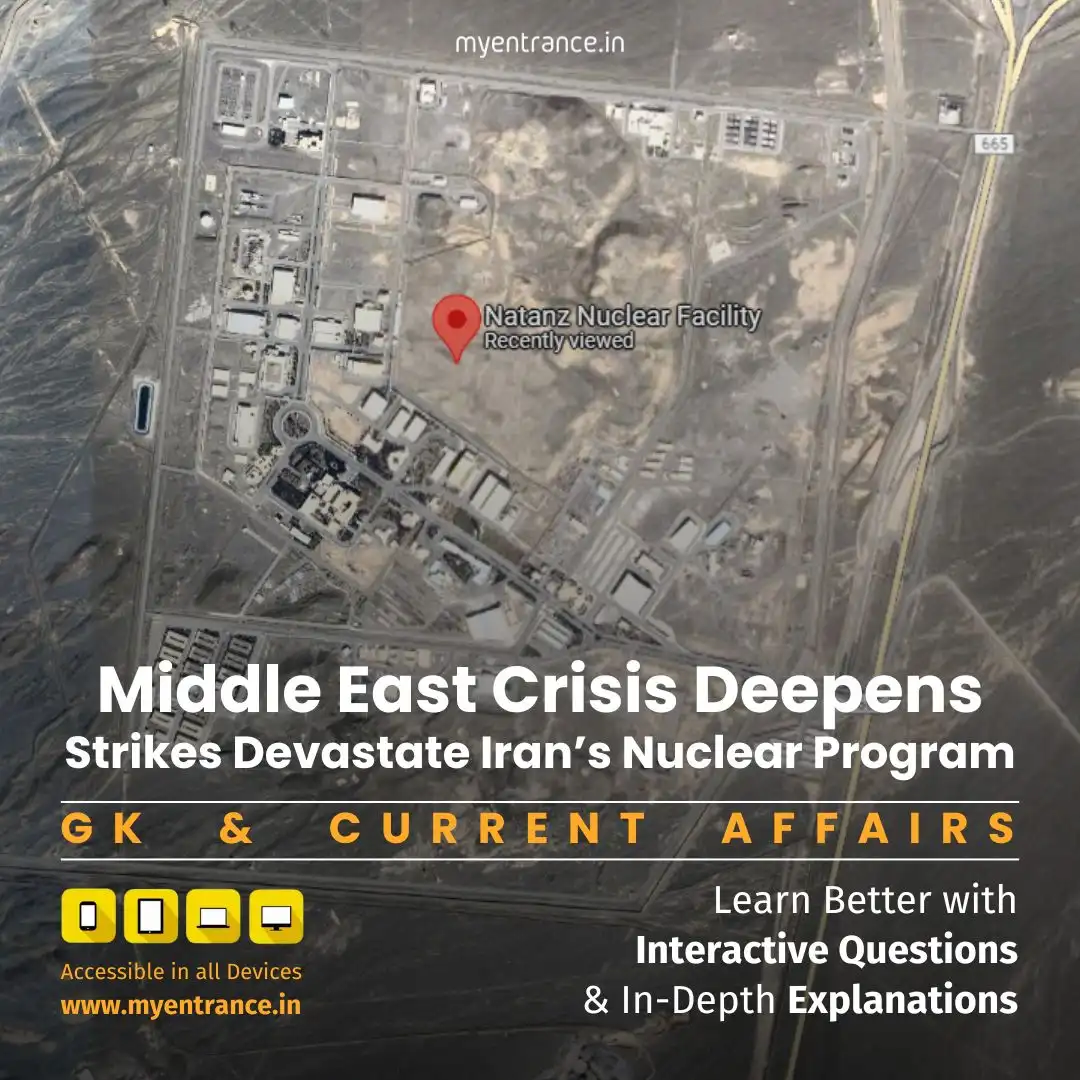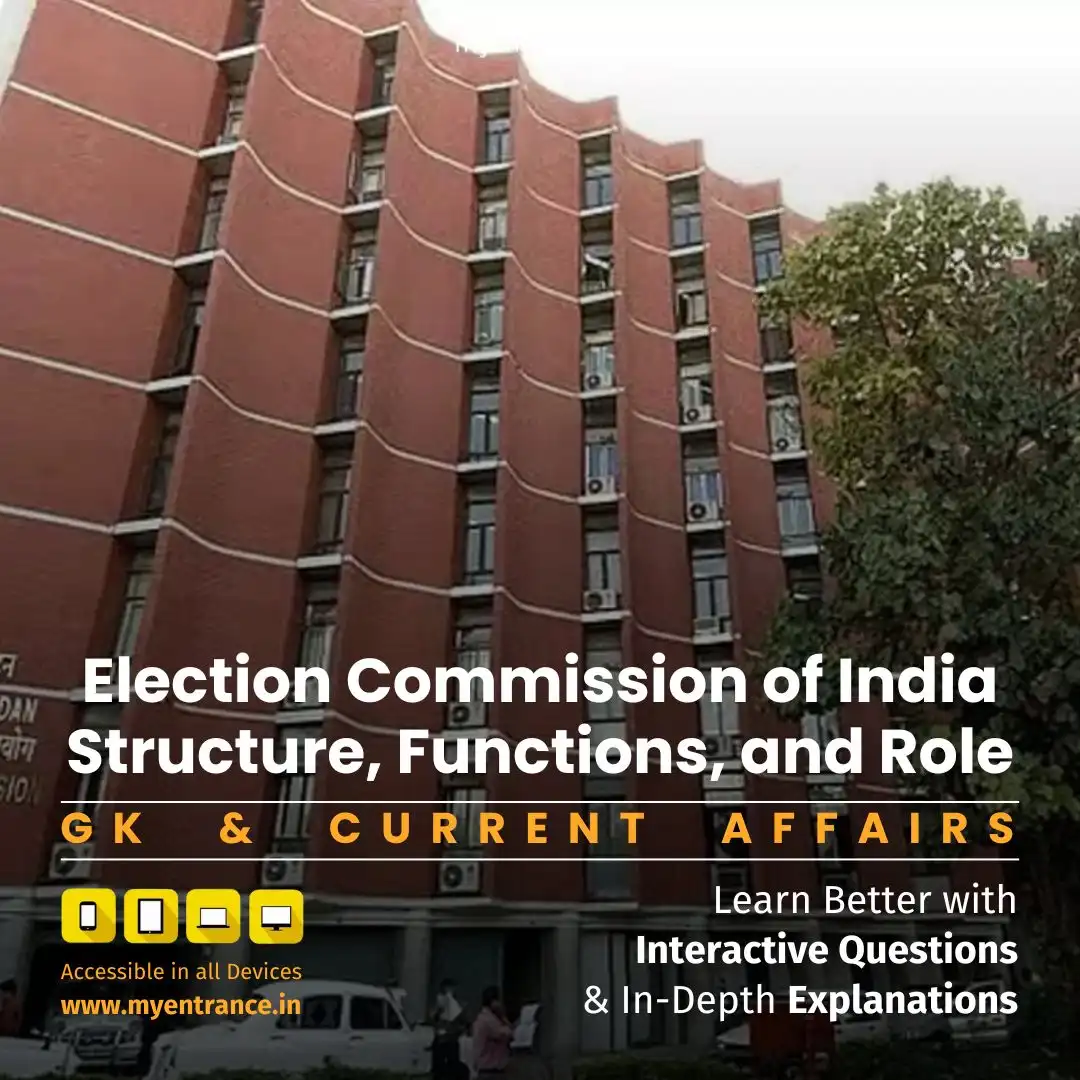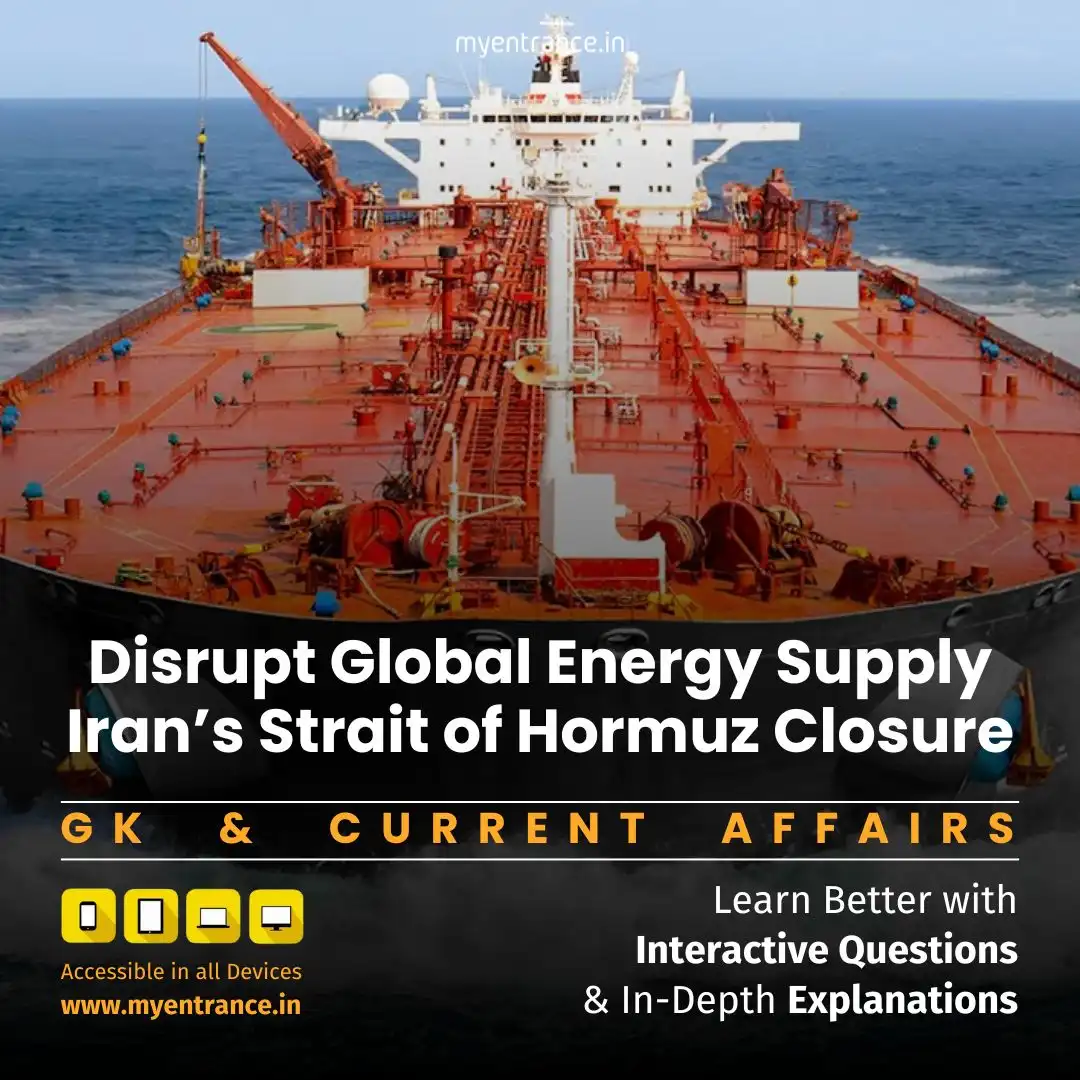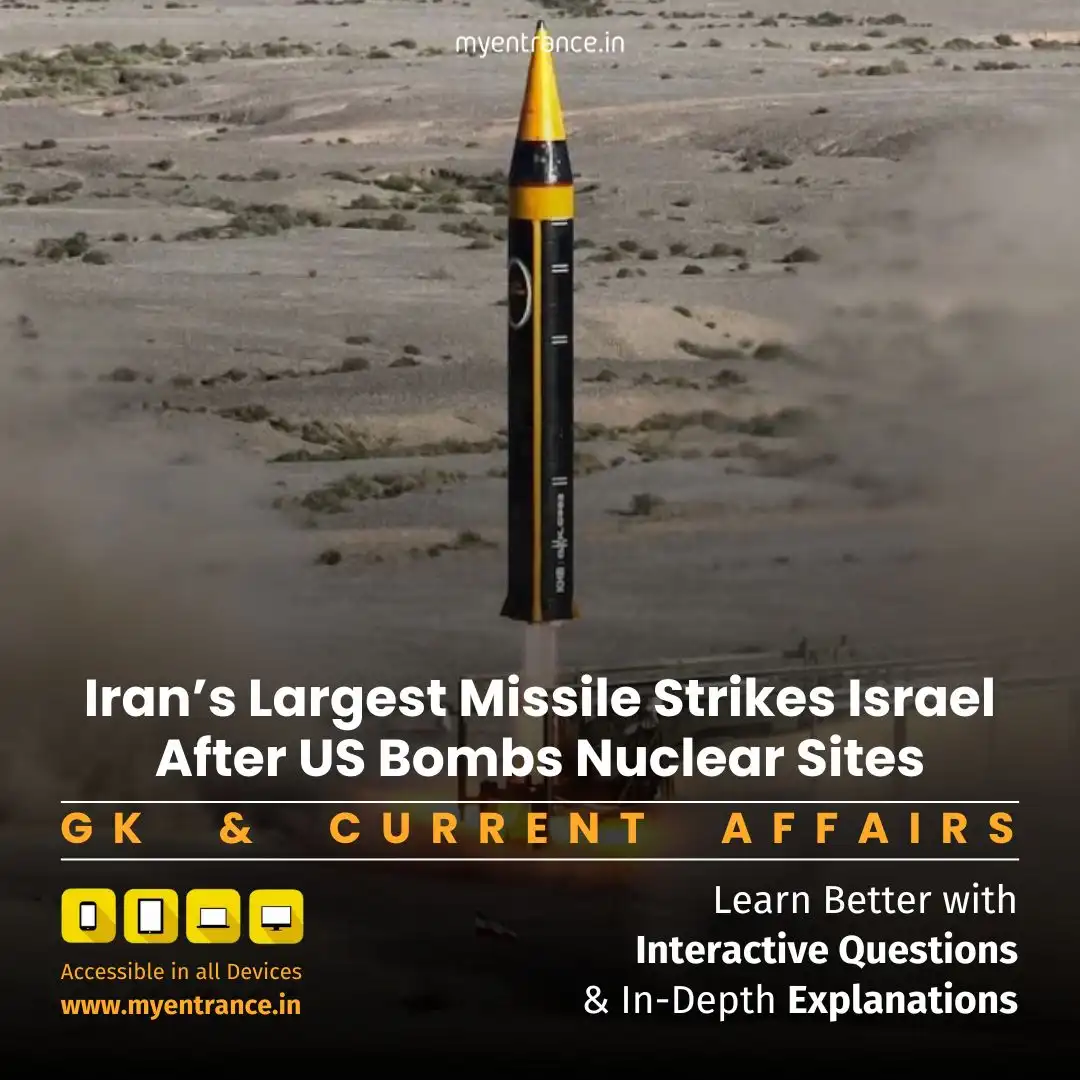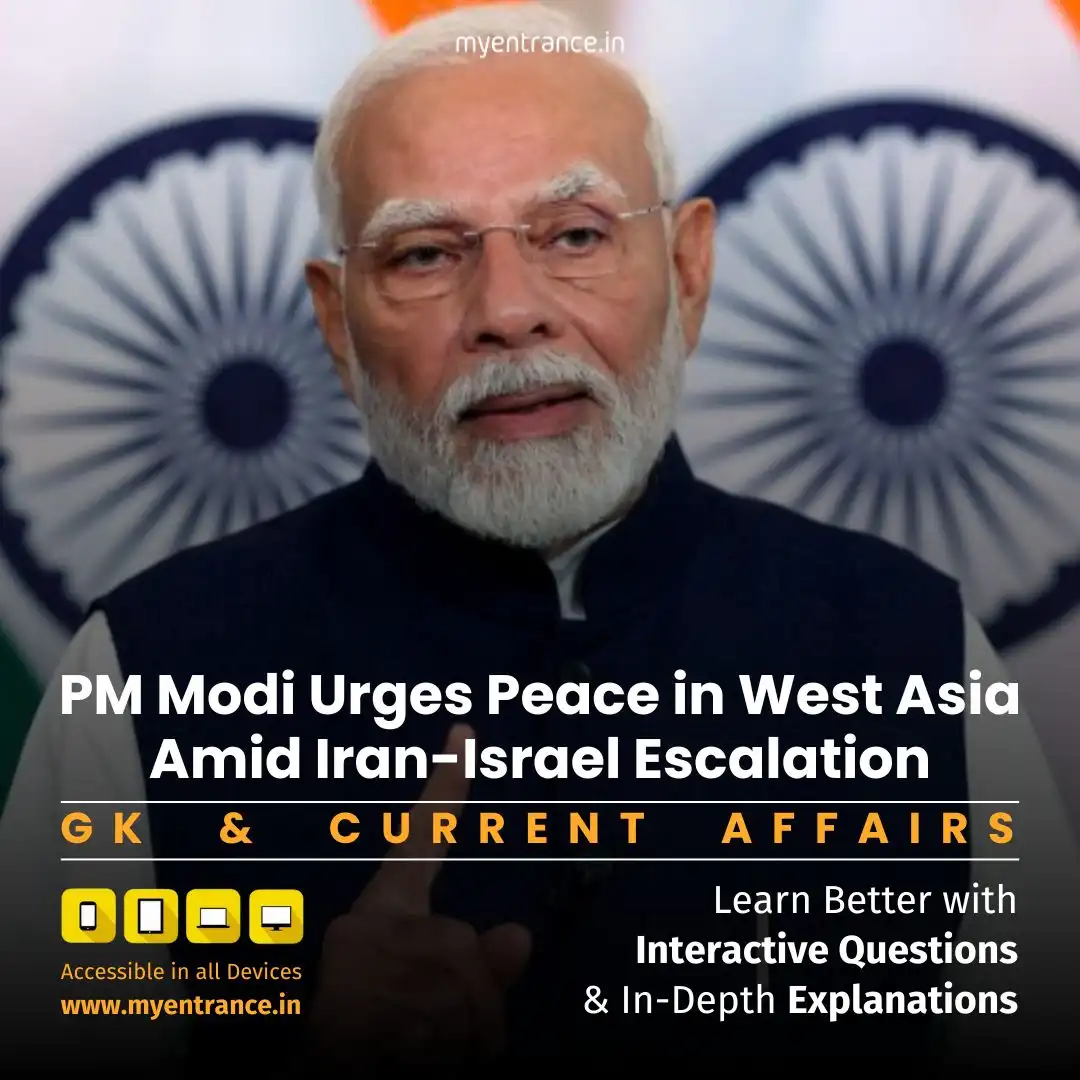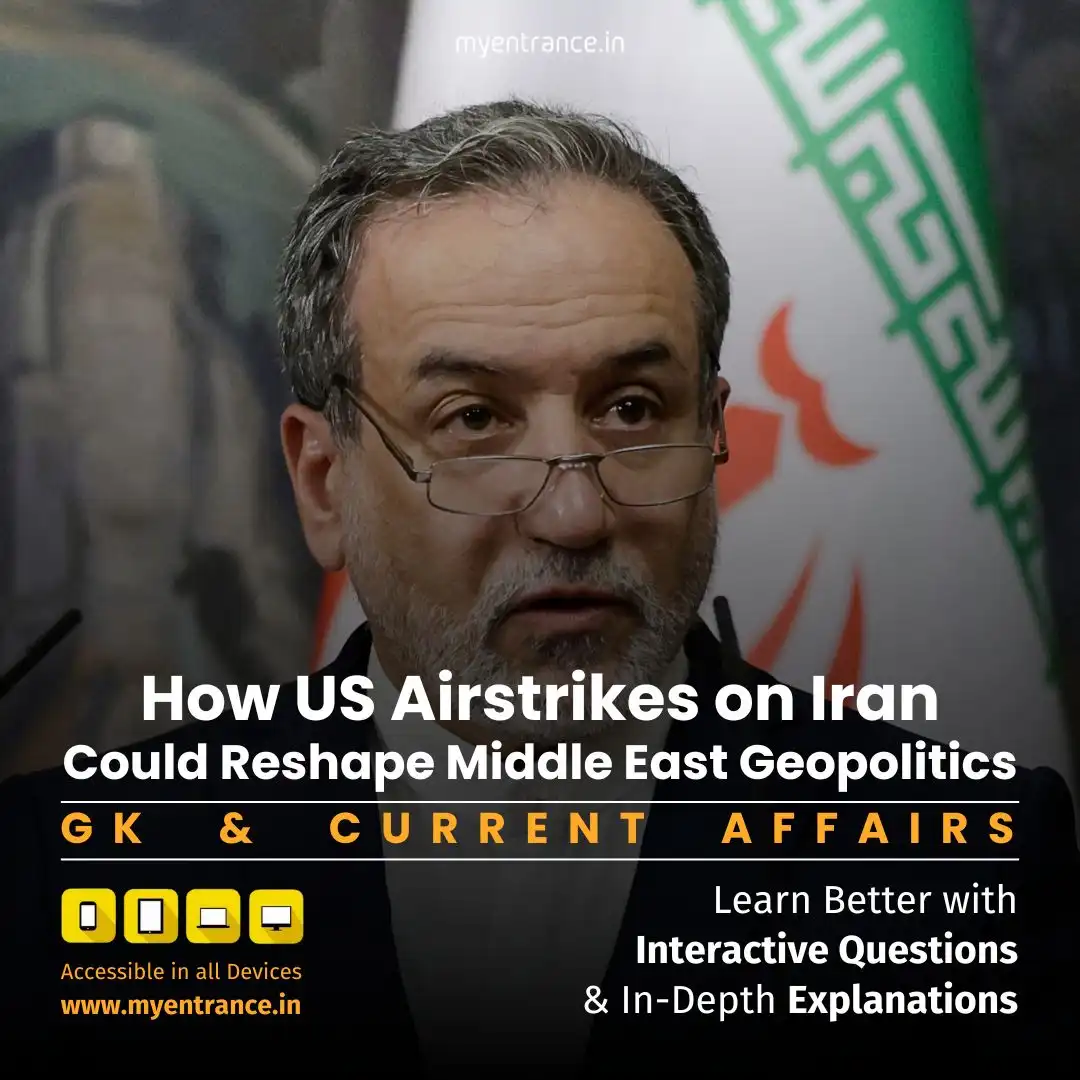Select Language
How a Strait of Hormuz Closure Could Disrupt Global Oil Supply & Hurt Economies
The Strait of Hormuz is one of the world’s most vital oil transit routes, connecting the Persian Gulf to global markets. Recent US-Iran tensions have reignited fears of a blockade, threatening global energy security and economic stability.
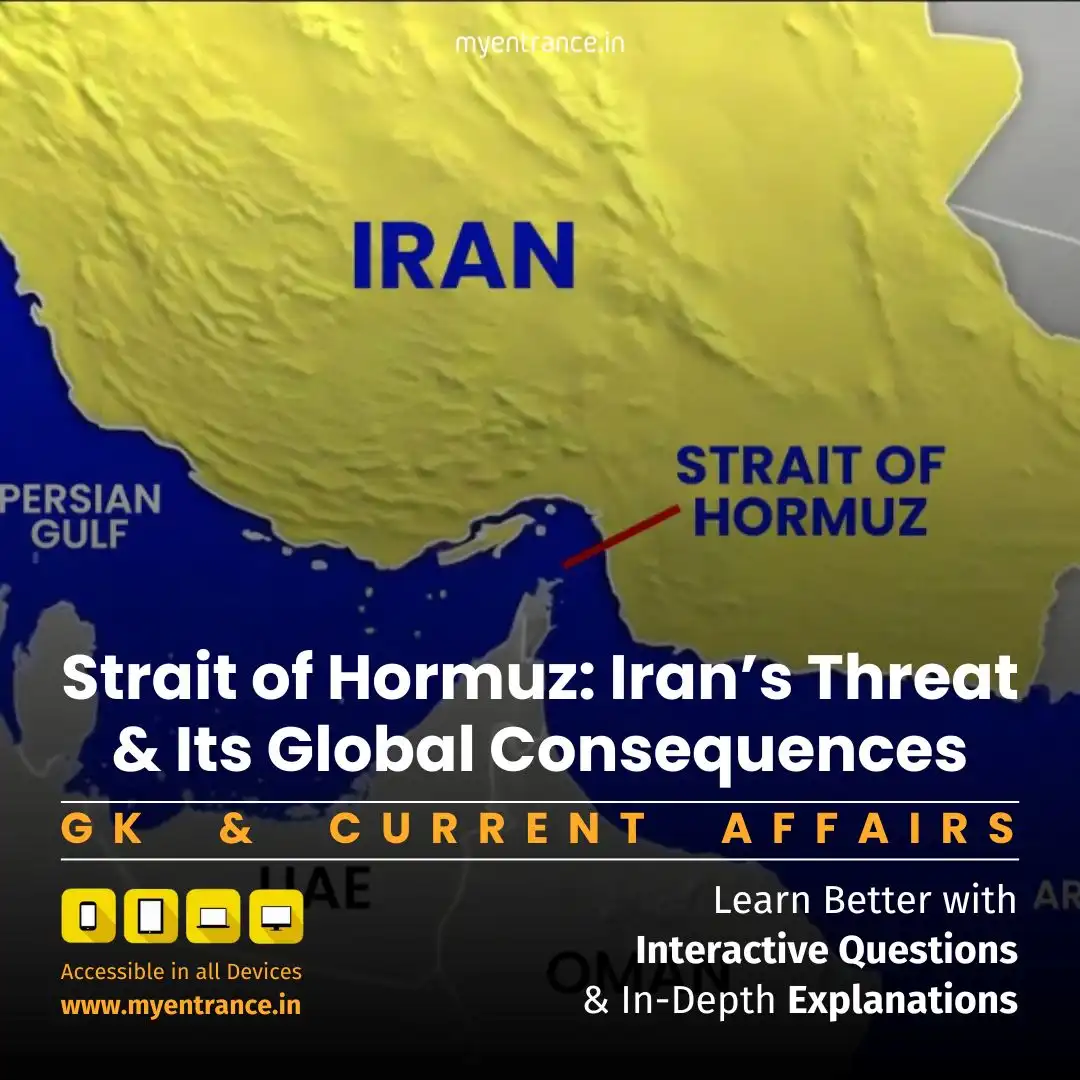
Why the Strait of Hormuz is Strategically Important
The Strait of Hormuz is a narrow sea passage between Iran and Oman, linking the Persian Gulf to the Gulf of Oman and the Indian Ocean. It is the only maritime route for major oil-exporting nations like Saudi Arabia, UAE, Iraq, and Kuwait to ship their crude oil to international markets.
Key Facts About the Strait of Hormuz:
Handles 20% of global oil consumption—around 20 million barrels per day.
Essential for Gulf producers, serving as their primary export route.
A major chokepoint—any disruption can send oil prices skyrocketing.
Historically tense zone, with past attacks on oil tankers heightening geopolitical risks.
Iran’s Threat to Block the Strait: What’s at Stake?
Following US airstrikes on Iranian nuclear facilities, hardliners in Iran have called for retaliation, including blocking the Strait of Hormuz to ships from the US, UK, France, and Germany. While Iran has long threatened closure, experts believe a full blockade is unlikely due to global military presence in the region.
Why a Blockade Would Be Disastrous:
✔ Oil prices would surge, leading to inflation and economic instability.
✔ India, China, Japan, and South Korea rely heavily on Hormuz-shipped oil.
✔ Alternative routes are limited, making Hormuz irreplaceable for global energy supply.
✔ Military conflict risks could escalate, further destabilizing the Middle East.
Impact on India: A Major Energy Crisis Looms
India, one of the world’s top oil importers, depends on the Strait of Hormuz for over 70% of its oil and 50% of LNG supplies. A blockade would have severe consequences:
How India Would Be Affected:
Fuel prices would spike, increasing transportation and manufacturing costs.
Inflation could rise, hurting household budgets and economic growth.
Energy shortages might disrupt industries and power generation.
Diplomatic pressure would mount as India seeks alternative suppliers.
Sample Questions & Answers for Competitive Exams (SSC, PSC, UPSC)
Q1: Why is the Strait of Hormuz strategically significant?
A: The Strait of Hormuz is crucial because it handles 20% of the world’s oil supply, serving as the primary shipping route for Gulf oil producers like Saudi Arabia and Iraq.
Q2: What would happen if Iran blocks the Strait of Hormuz?
A: A blockade would disrupt global oil supply, cause skyrocketing fuel prices, and potentially trigger an economic crisis in oil-dependent nations like India and China.
Q3: How much of India’s oil imports pass through the Strait of Hormuz?
A: Over 70% of India’s oil imports and 50% of LNG supplies transit through the Strait of Hormuz.
Q4: Which countries are most affected by tensions in the Strait of Hormuz?
A: Major oil importers like India, China, Japan, and South Korea are most vulnerable due to their heavy reliance on Gulf oil shipments.
Q5: Has Iran ever blocked the Strait of Hormuz before?
A: Iran has threatened closure multiple times but has never fully blockaded it due to military deterrence and global economic repercussions.
Most Predicted Questions
Comprehensive study materials, Expert-guided tips & tricks, Mock tests and instant results.
Start your SSC, NIFT, NID, FDDI, PSC journey today with MyEntrance, your ultimate online coaching platform.



